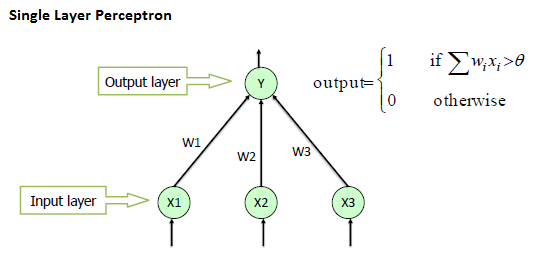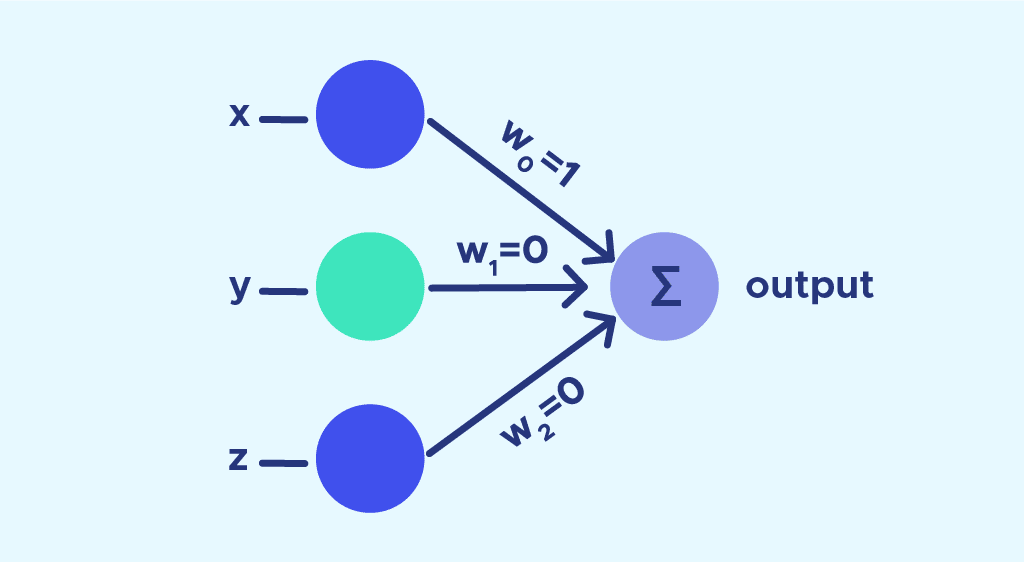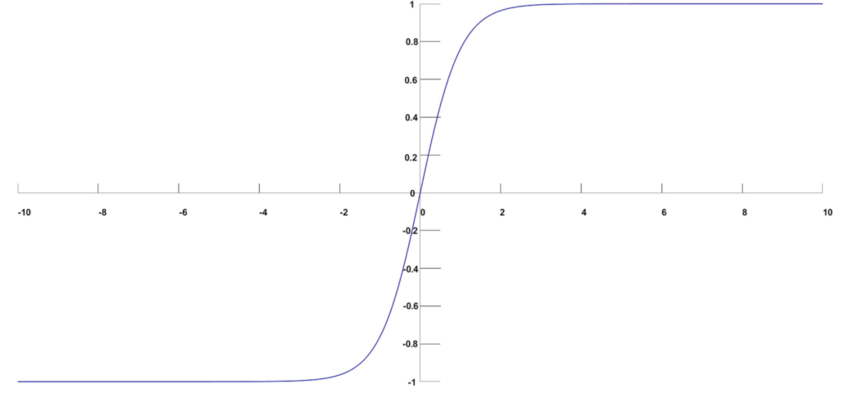
Computer vision interview questions, a branch of artificial intelligence, is an exciting and fast-evolving field with applications in healthcare, autonomous vehicles, robotics, and more. If you're preparing for a computer vision interview, understanding the fundamental concepts and being able to discuss metrics like accuracy, precision, and recall is essential. This article delves into common interview questions related to computer vision and explores these metrics in detail.
1. What is Computer Vision?
One of the foundational questions in any computer vision interview might be, "What is computer vision?" Computer vision enables machines to interpret and make decisions based on visual data from the world. It combines image processing, deep learning, and artificial intelligence to perform tasks such as object detection, image classification, facial recognition, and semantic segmentation.
2. Key Metrics: Accuracy, Precision, and Recall
Metrics like accuracy, precision, and recall are pivotal in evaluating the performance of a computer vision model. Here’s a breakdown of these metrics:
Accuracy: Accuracy measures the percentage of correct predictions out of all predictions made. It is calculated as:
While accuracy is useful, it may not always be the best metric, especially when dealing with imbalanced datasets.Precision: Precision focuses on the quality of positive predictions. It is the ratio of true positive predictions to all positive predictions (true positives and false positives):
High precision indicates that the model has a low false positive rate.Recall: Recall measures the ability of the model to identify all relevant instances. It is the ratio of true positive predictions to all actual positive instances (true positives and false negatives):
High recall means the model effectively identifies positive instances, though it might come at the expense of precision.
Interviewers often ask candidates to discuss trade-offs between these metrics. For instance, they might pose questions like:
"How do you balance precision and recall in a computer vision model?"
"When would you prioritize recall over precision?"
3. Questions on Model Evaluation
Evaluating computer vision models effectively is crucial. Here are some commonly asked questions:
"What are the advantages and limitations of using accuracy as a metric in imbalanced datasets?"
"How do you interpret a high recall but low precision score in an object detection model?"
"What are confusion matrices, and how are they useful in performance evaluation?"
A confusion matrix is a comprehensive way to visualize model performance. Understanding how to derive accuracy, precision, and recall from it is a valuable interview skill.
4. Scenario-Based Questions
Scenario-based questions test your ability to apply theoretical knowledge to real-world problems. Examples include:
"You are tasked with building a facial recognition system for a security application. Would you prioritize precision or recall, and why?"
In this case, precision may be prioritized to avoid false positives (incorrectly identifying someone as an authorized individual)."How would you approach improving recall in an object detection model?"
Possible answers include using more annotated data, employing data augmentation, fine-tuning the model, or adjusting the threshold for classification.
5. Advanced Questions
For candidates applying for senior roles, interviewers might dive deeper:
"Explain how precision and recall influence the F1-score. Why is the F1-score important?"
"How do you evaluate the performance of a multi-class classification model?"
"Discuss the role of Intersection over Union (IoU) in object detection."
IoU evaluates the overlap between the predicted bounding box and the ground truth, ensuring precise localization in object detection tasks.
Final Tips
When answering questions during an interview:
Clearly define terms like accuracy precision recall.
Use examples to illustrate your points.
Be ready to discuss trade-offs and practical applications.
Stay updated on the latest advancements in computer vision technologies and frameworks.
By mastering these concepts and preparing for both theoretical and scenario-based questions, you’ll be well-equipped to succeed in any computer vision interview. Accuracy, precision, and recall are not just metrics—they’re tools that reflect the effectiveness of your models in solving complex visual tasks.









Write a comment ...